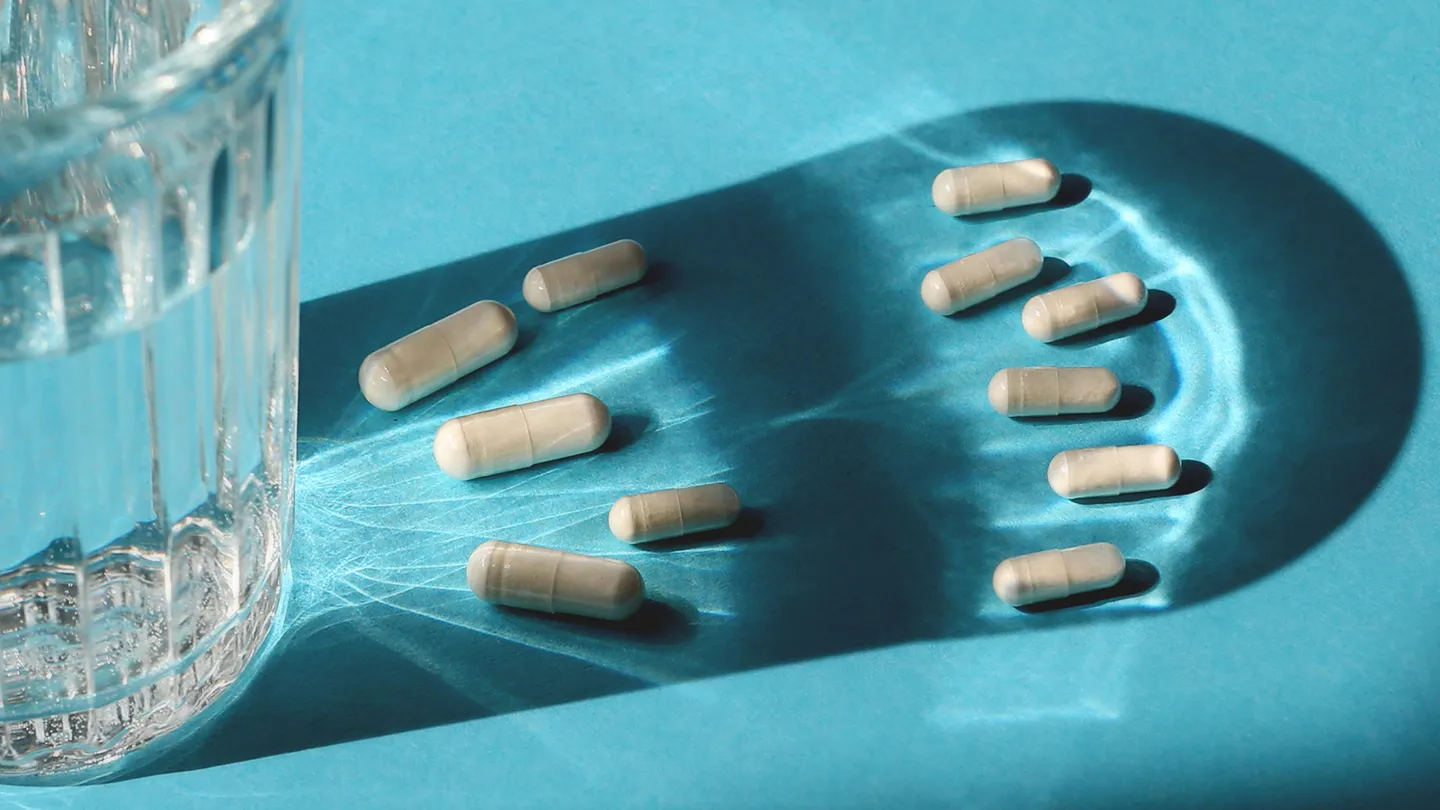Understanding Depression and Its Impact on Productivity
Depression is a serious medical condition that negatively impacts a person's mood, thoughts, behavior, and overall functioning. It can make even simple tasks seem daunting or impossible. When depression interferes with productivity, it can create a self-perpetuating cycle - you feel unable to accomplish things, which makes you feel worse, which then makes you even less motivated and productive.
How Depression Reduces Motivation and Energy
There are several ways depression hinders productivity:
- Fatigue - Depression often causes severe fatigue and an utter lack of energy.
- Difficulty concentrating - It's hard to get things done when focus and concentration are impaired.
- Lack of motivation - Feeling hopeless and helpless destroys motivation.
- Sleep disturbances - Too much or too little sleep disrupt sleep cycles.
- Low self-esteem - Self-critical thoughts lead to doubting one's abilities.
The Vicious Cycle of Depression and Low Productivity
When depression causes unproductive days, it often triggers self-critical thoughts about being "lazy" or "worthless." This refuels the depression and continues the negative cycle. Breaking out of this loop is key to feeling better. Beating yourself up will only worsen the situation.
Tips for Staying Productive with Depression
Boosting productivity when you have depression takes effort but is very possible. Here are some tips:
1. Adjust Your Medication Timing
If you take antidepressants, talk to your doctor about adjusting the timing. Taking them in the morning rather than evening can help improve motivation and energy during your productive hours.
2. Get Enough Sleep
Prioritize getting adequate deep sleep every night to refresh both body and mind. Maintain consistent bedtime and wakeup routines to regulate your circadian rhythms.
3. Add Structure to Your Days
Having a set schedule provides a sense of control and purpose. Block out specific times for productive tasks interspersed with self-care activities.
4. Break Down Big Tasks
Tackle a large goal bit-by-bit rather than all at once, which can feel overwhelming. Crossing smaller tasks off your list one-by-one builds momentum.
5. Leverage Accountability Partners
Ask a friend or family member to check in on your progress. Knowing you'll update someone else can motivate you to accomplish targeted tasks.
Be Compassionate and Celebrate Small Wins
Dealing with depression while needing to be productive is extremely hard. Be kind to yourself on difficult days. Also acknowledge and reward any small successes you have - every step forward matters.
With a thoughtful treatment strategy, self-compassion, and toolbox of coping skills, you can better manage your depression. Gradually build back motivation and productivity, even when progress feels slow. Healing from depression while continuing life activities requires tremendous courage and strength - you have an inspiring resilience within.
FAQs
How can I motivate myself when I'm depressed?
Break down big tasks into smaller, more manageable steps. Accomplishing small wins gives a sense of momentum and progress. Also build structure and accountability through schedules, routine, and asking friends/family to check on your progress.
What should I do when I feel too tired and unmotivated to work?
Be compassionate with yourself rather than self-critical. Acknowledge you are fighting a medical condition. Do a small task to get started, then reward yourself. Getting adequate sleep, proper nutrition, exercise if possible, and sunlight/nature can help energy over time.
How do I concentrate when depression brain fog makes focusing difficult?
Reduce distractions, take breaks when needed, work in shorter increments, create task checklists, and remind yourself concentration challenges are temporary and don’t define your abilities.
What time of day is best for being productive with depression?
This varies individually. Pay attention to when you feel you have the most motivation and energy, even if slight. Try to align key tasks during optimal times, when medication may be most effective as well.
Disclaimer: This article is for informational purposes only and does not constitute medical advice. Always consult with a healthcare professional before starting any new treatment regimen.
Related Coverage
Medicare TMS coverage is available for severe depression. Learn if you qualify and what costs to expect with this effective, non-invasive therapy....
Some OTC supplements claim to have antidepressant effects, but do options like St. John's wort and SAMe really work? Learn the pros and cons of trying them....
If summer makes you feel gloomy instead of great, learn how to overcome the summertime blues and embrace the warmth and sunshine....
Learn to recognize symptoms like headaches, nausea, confusion, and mania indicating your antidepressant dosage needs adjustment to avoid complications....
Explore specialty yoga studios in Edmond offering beginner-friendly instruction in gentle, restorative poses alongside vigorous flowing sequences to reduce stress and boost immunity....
Examining ashwagandha's effects on emotions, including evidence for mood stabilization, risk of emotional blunting, safety considerations, and how it compares to antidepressants....
Explore the 'Am I Worthless?' quiz and gain insights into overcoming feelings of worthlessness. Learn strategies to improve self-esteem, challenge negative self-talk, and embrace your true value....
Dating someone with depression presents unique challenges. Learn how to help your partner manage symptoms, cope with relationship issues, and encourage treatment....
Splitting Zoloft tablets with a pill cutter can provide dose flexibility. But follow safety precautions for proper splitting, storage and dosing....
Feeling like you have no support can be isolating. But you can cope by identifying available help, enhancing social connections, practicing self-care and more....








